Publications
Articles, publications, books, tools and multimedia features from the U.S. Institute of Peace provide the latest news, analysis, research findings, practitioner guides and reports, all related to the conflict zones and issues that are at the center of the Institute’s work to prevent and reduce violent conflict.
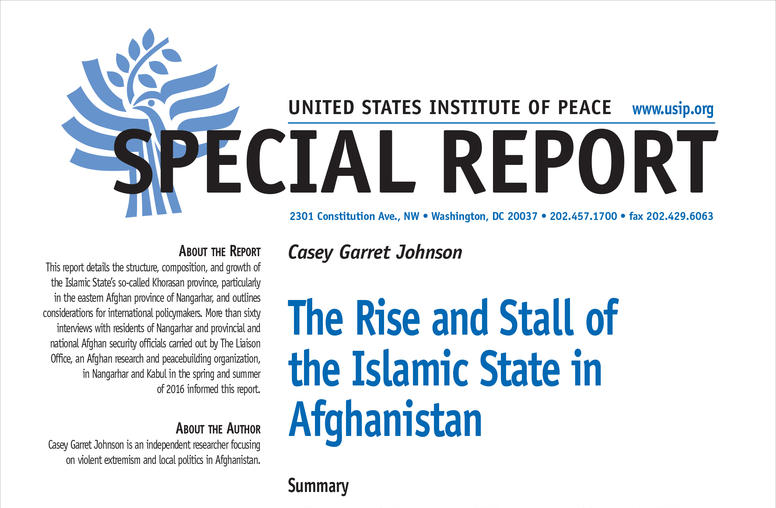
The Rise and Stall of the Islamic State in Afghanistan
This report details the structure, composition, and growth of the Islamic State’s so-called Khorasan province, particularly in the eastern Afghan province of Nangarhar, and outlines considerations for international policymakers. More than sixty interviews carried out by The Liaison Office with residents of Nangarhar and provincial and national Afghan security officials informed this report.
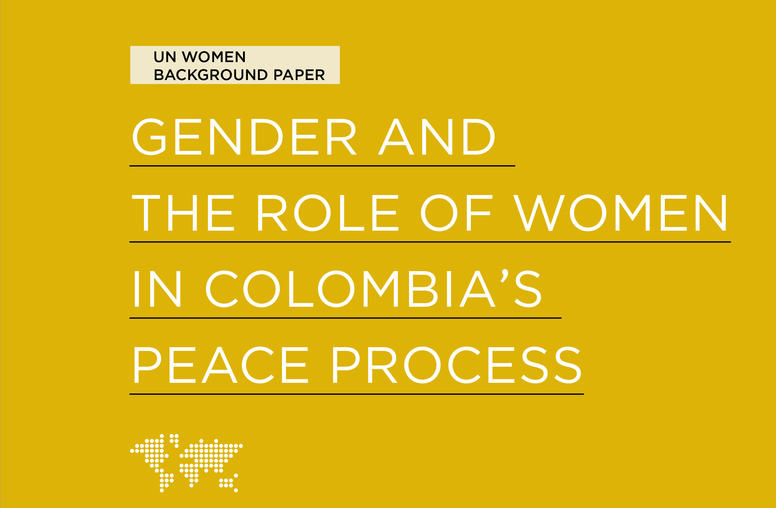
Gender and the Role of Women in Colombia's Peace Process
The promises and visions articulated in United Nations Security Council Resolution 1325 and subsequent UN resolutions and position papers that recognize the connection between gender equity and women’s participation in all aspects of peace processes and peacebuilding on the one hand, and international peace and security on the other, have not been fulfilled. Nonetheless, these resolutions have opened the way for advocacy that has had some successes in specific contexts. Colombia offers one su...
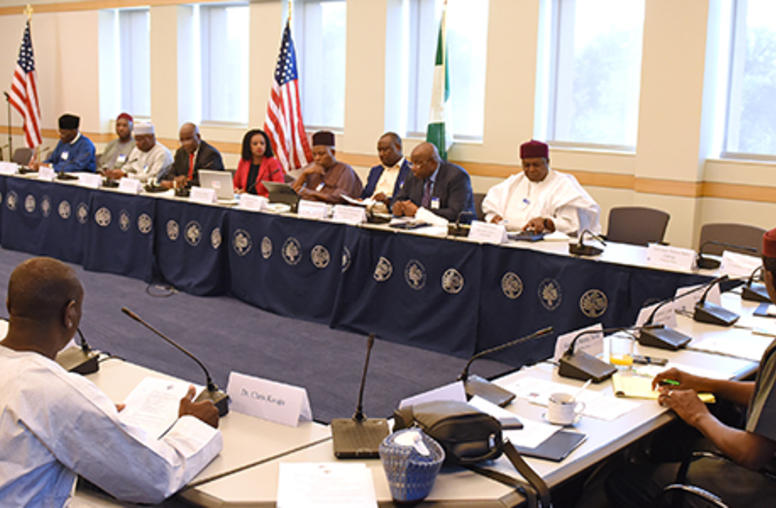
Nigerian Governors on Ways to Halt Crises, Boko Haram
A dozen governors from northern Nigeria say their region’s crises—warfare, poverty and millions of uprooted people—can be ended only with initiatives for education, reconciliation among rival groups, and the political inclusion of minorities and women. As Nigeria works to repair and build relations between police and communities, several governors said, the country’s federally run police system should be complemented with state or local police forces. The elected state governors, who wield im...
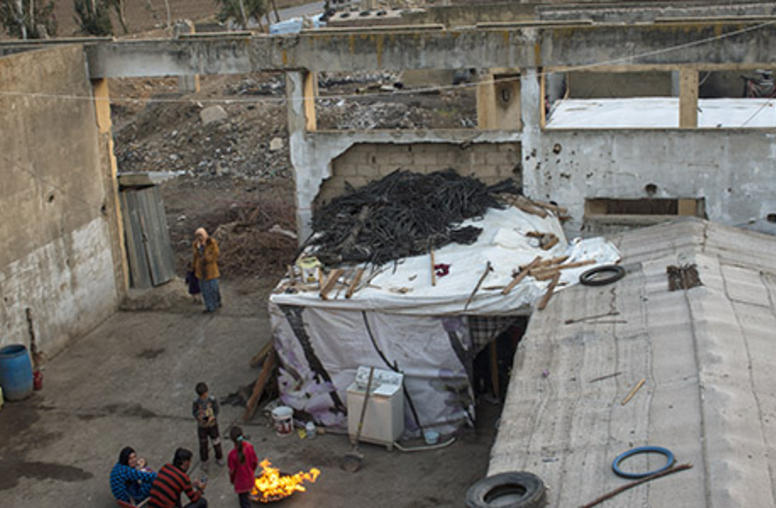
Q&A: Can Lebanon’s New President Defuse Major Crises?
The Lebanese Parliament’s selection this week of General Michel Aoun as president ends 2 ½ years of a leadership vacuum that mired decision-making on fundamental economic, social and political crises facing Lebanon. The Parliament had been unable to elect a new president since May 2014, even as it faced emergencies such as the influx of more than 1 million refugees from the war in neighboring Syria. USIP Middle East and North Africa Director Elie Abouaoun examines the potential effect of the ...
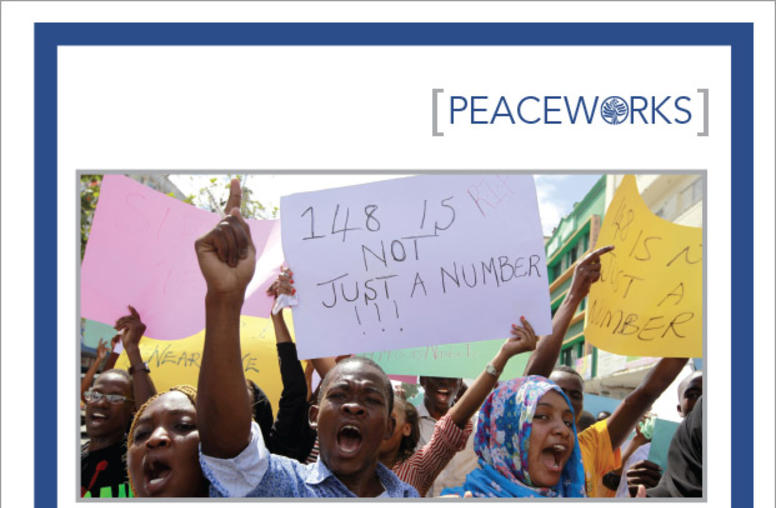
Violent Extremism And Clan Dynamics In Kenya
Derived from interviews across three Kenyan counties, this report explores the relationships between resilience and risk to clan violence and violent extremism in the northeast region of the country. The research was funded by a grant from the U.S. Agency for International Development through the United States Institute of Peace, which collaborated with Sahan Africa in conducting the study.
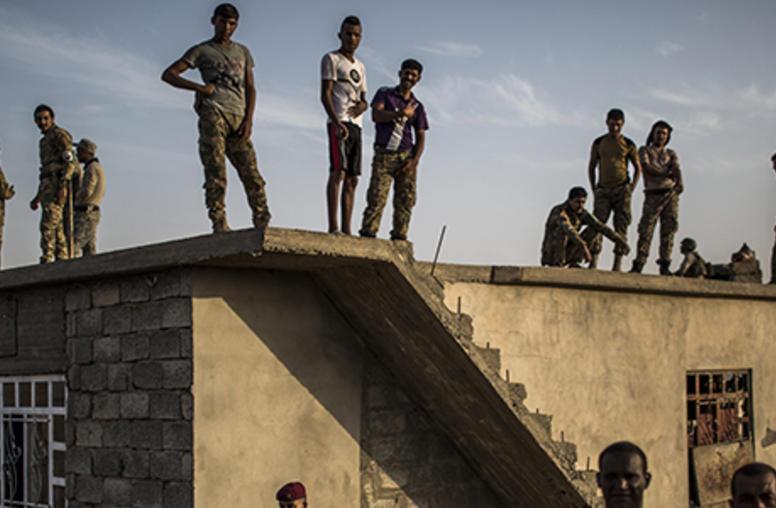
Mosul After ISIS: No Clear Plan for Peace
Two weeks into Iraq’s offensive to recapture Mosul from ISIS militants, the government and its fractious allies have not agreed on how to stabilize and govern the disputed region in the aftermath. The threat of new rounds of conflict, even after a recovery of Mosul from ISIS, is highlighted by the weekend’s surprise advance by Shia Muslim militias, which make up one of at least four main rival forces in the assault. The militia units announced that their fighters had begun a drive on the cont...
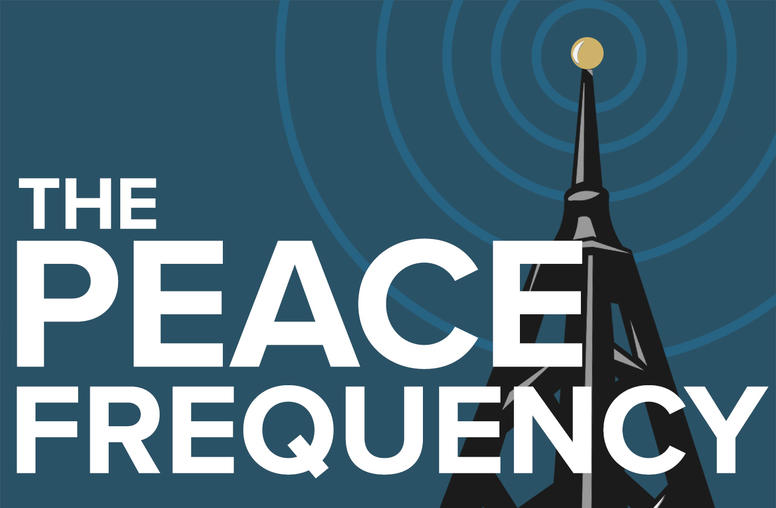
Episode 41 - Aaron Shneyer
In this episode of the Peace Frequency we speak with Aaron Shneyer, the Founder & Executive Director of Heartbeat – an organization that unites Israeli and Palestinian youth musicians to build critical understanding, develop creative nonviolent tools for social change, and amplify their voices to influence the world around them. Heartbeat staff members are trained musicians and dialogue facilitators, entrusted to create and hold a space for participants to build critical consciousness of the complicated world they have inherited and to support participants in developing skills in critical thinking, communication, leadership, and creative nonviolent civic engagement.
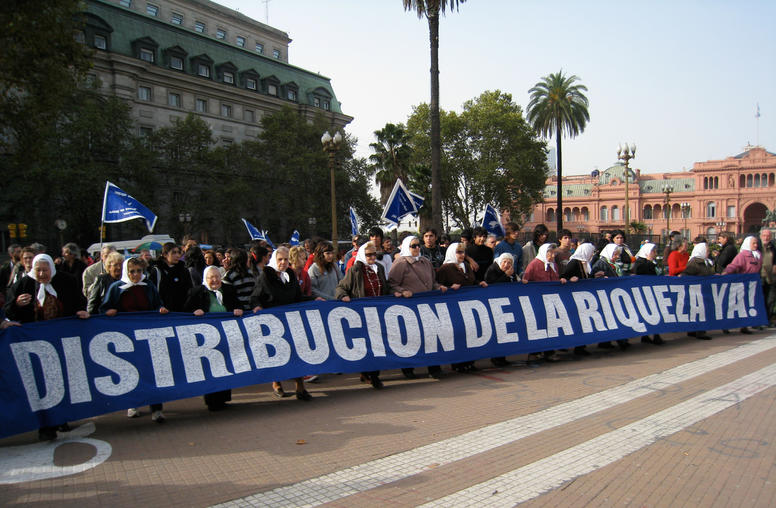
How Women Drive Nonviolent Movements for Change
In 2004, when Iraqi political and religious leaders tried to roll back a longstanding law asserting broad rights for women, thousands of Iraqi women mobilized to defend it and to enshrine their rights in the constitution. They marched, wrote protest letters and lobbied the U.S.-led coalition then ruling the country. Carla Koppell, then with the Institute for Inclusive Security, suggested to political analysts evaluating Iraq’s spreading insurgencies that the women’s campaign was a type of activism that U.S. policy should support. But the analysts were dismissive, Koppell recalled in a discussion last week at the U.S. Institute of Peace. “They said, ‘Oh, that’s just women who haven’t taken up arms yet,’” Koppell said. “Yeah. That’s kind of the point, isn’t it? And women were the majority of the country.”
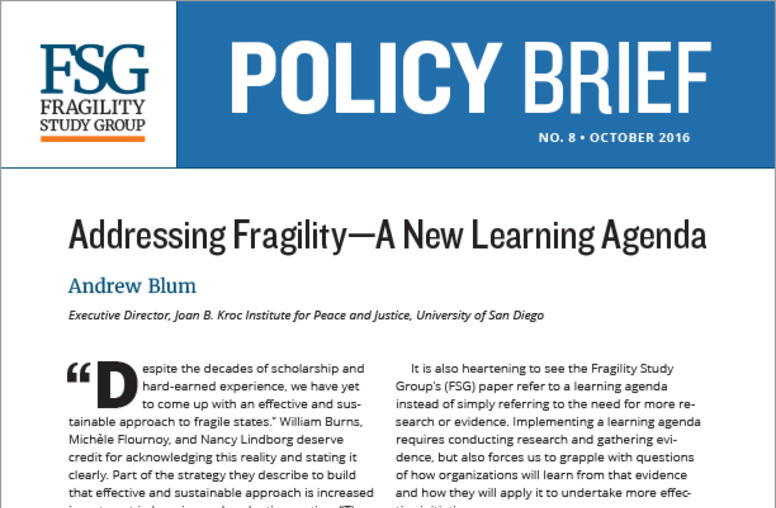
Addressing Fragility—A New Learning Agenda
The Fragility Study Group is an independent, non-partisan, effort of the Carnegie Endowment for International Peace, the Center for a New American Security and the United States Institute of Peace. The chair report of the study group, U.S. Leadership and the Challenge of State Fragility, was released on September 12. This brief is part of a series authored by scholars from the three institutions that build on the chair report to discuss the implications of fragility on existing U.S. tools, st...
Iraq: Recapturing Mosul is Only the Beginning
Iraqi government troops and allied Kurdish forces opened their assault on the city of Mosul before dawn today, fighting to recapture Iraq’s second-largest city from guerrillas of the Islamic State (ISIS). While a military defeat of the extremist group is expected, that will not bring stability or an end to extremist violence in Iraq unless it is followed by a broad reconciliation among deeply divided communal groups, according to Iraq specialists at USIP.